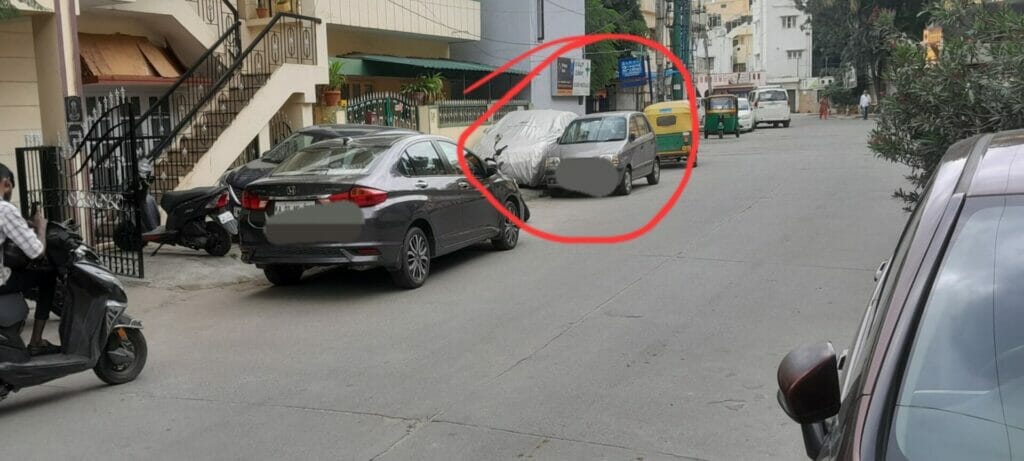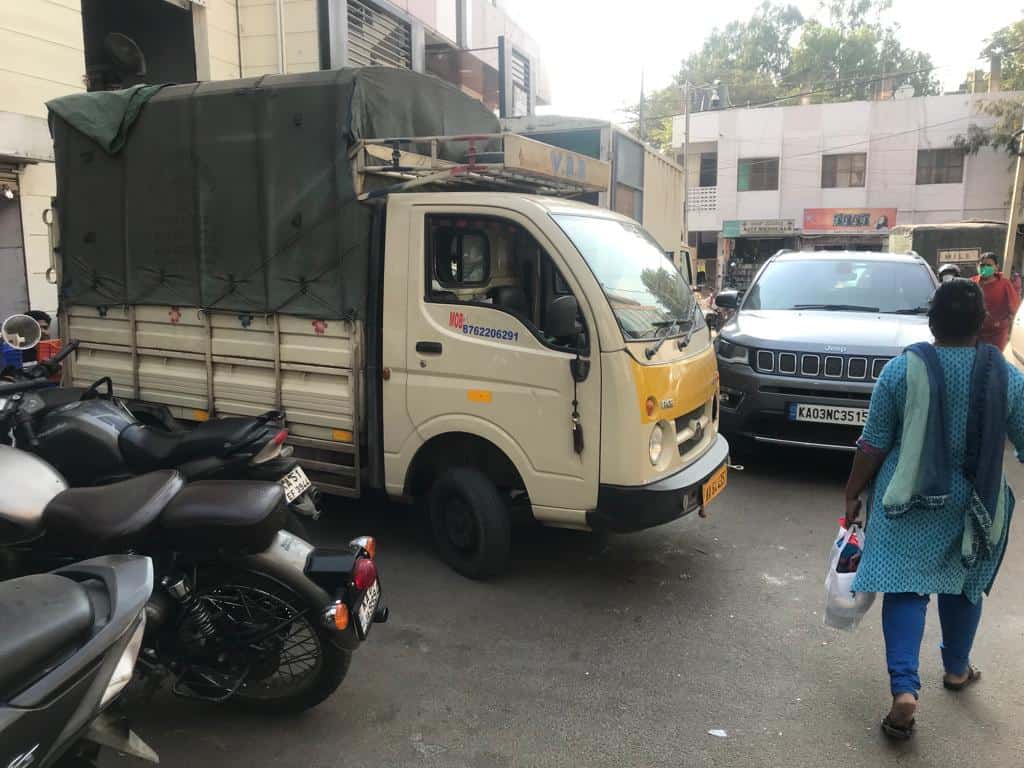Bengaluru City Traffic Police, as reported by the media, has initiated steps to book those guilty of three major offences — driving or riding against the flow of traffic, riding on the footpath, and wrongful parking under Section 283 of the Indian Penal Code (IPC). Although the news reports did not elicit much reaction from an apathetic public, the change in policy has the potential to harm citizens by inflicting devastating consequences for relatively minor infractions.
What is Section 283?
Section 283 deals with “doing any act, or by omitting to take order with any property in his possession or under his charge, causes danger, obstruction or injury to any person in any public way or public line of navigation”. It is important to also note that this Section constitutes a cognizable offence and is not compoundable under Section 320 of the Criminal Procedure Code (CrPC)
What does this mean? First of all, offences are typically categorised as cognizable and non-cognizable based on severity:
- Non-cognizable offence can be punished by arrest only if there is a complainant and police obtain express permission or directions from a court
- Cognizable offence, by definition, is one where the police can act on information even without a formal complaint filed by any aggrieved party. Indeed, the police are required to act on coming to know of any cognizable offence being committed
So, in a single stroke, sundry traffic offences have been put into the category of murder, rape, armed robbery and assault.
Second, and even more serious, is the prohibition from compounding of the offence under Section 320. Compounding an offence means forgiving that offence in lieu of either a payment of a fine, apology, undertaking or similar condition. More particularly sub-section (8) of Section 320 states the nature of compounding as: “8. The composition of an offence under this section shall have the effect of an acquittal of the accused with whom the offence has been compounded”.

Read more: 28,544 cases for parking on Bengaluru footpaths in 5 months speak of disregard for rules
Impact on citizens
However since Section 283 is not compoundable. Paying a fine under this Section in court is tantamount to having a criminal conviction on one’s record. Here is why this can be devastating to a number of people, many of whom have not grasped the implications of this status:
- Travel:
Here is what the website of the United States Government states with regard to criminal conviction: “In cases where an arrest resulted in a conviction, you may be permanently ineligible to receive a visa and will require a waiver ineligibility to travel to the United States.” This is not particularly unusual and only required by the United States. The rules for application to the Schengen visa system of the European Union (EU) state as follows: “The applicant shall report any criminal offence listed over the previous 10 years”.
From being a person of good standing you would suddenly be unable to travel abroad, merely because of parking in an unauthorised spot?
- Job and career:
Many leading companies require that applicants state in a job application form whether they have been convicted in any criminal case. Applicants are also warned that giving false information would automatically disqualify them from the job.
As merely one example — here is an extract from the application form of M/s Tata Consultancy (TCS) Ltd, India’s leading IT firm, where the applicant is required to affirm and sign the following: “ I also declare that there is no criminal case filed against me or pending against me in any Court of law in India or abroad“.
- Impact on closing certain avenues of employment:
Even if it can be argued that a private company may choose to overlook a criminal conviction and hire you due to your qualifications, the fact remains that there are several posts for which the candidate is required to pass a “fit and proper” evaluation. This includes removing candidates with any criminal conviction. These posts would include Directorships in certain companies, certain high ranking bank positions, certain categories of beneficial owners of entities of critical importance to the country etc. A top bank executive in line to be promoted to the Executive Director of a bank, for example, may not be promoted because he missed seeing a one-way sign on a road in a part of the city he was not familiar with.

Read more: New traffic fines: “We need less outrage, more political accountability”
Workable solutions
None of these scenarios are far-fetched. In fact, these are the serious real-world implications of the laziness of trying to solve problems by trying to criminalise them. So what are the solutions? They include fundamentally better enforcement by deploying more traffic police or wardens on the ground, enforcement automation through cameras and other infrastructure, use of street furniture like bollards to prevent footpath riding etc.
Bengaluru has long been a pioneer in innovation for the country. It would be a great pity if the quest for being innovative takes the traffic police down a path that is manifestly unjust, unlawful and plain unfair to the citizens.
What citizens can do
Given the serious consequences outlined, it is incumbent on citizens to voice their protest at this manifestly unfair decision and write to the Bengaluru Traffic Police voicing their objections. It would also be helpful for citizens to take up the matter through their elected representatives.
These offense should be treated with the same seriousness as attempted murder for sure. There are innumerable cases of countless deaths caused by people driving on the wrong side of the road. Unless we stop the chaltha Hai attitude, There will be no improvement on road safety. I have personally had so many close calls in the city and highways due to these people who do not understand the gravity of their offense (like the author)
Such stringent rules should be brought into force immediately.
Wrongful Parking should not be a criminal offence. Other two, driving on footpath and driving against flow of traffic maybe a criminal offence as you are endangering other people and your life. hope they apply selectively were they have done deliberately.
Not giving way to ambulances is no more an issue these days though it was a few ywars back; this is due to awareness as well as enforcement through heafty penalty. Even today, if there is no police watching or no camera some people jump signal. This as well should be criminalized along with wrong-side driving and footpath riding as these have killed people (along with drunk driving and licenseless driving). However wrongful parking should be a civil offense.